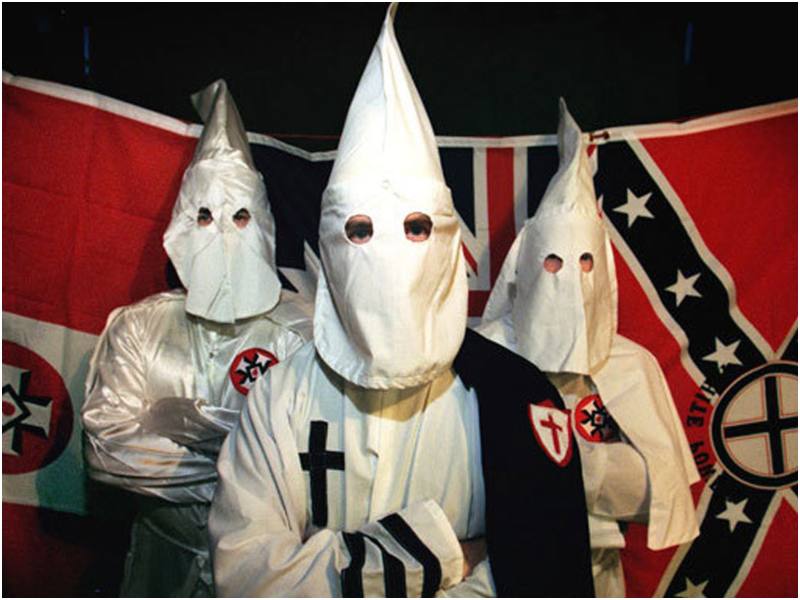The Ku Klux Klan (KKK), notorious for its violent acts against African Americans and other marginalized groups, faced its first significant legal challenge in the mid-20th century.
The KKK’s history of terror and intimidation often went unpunished due to widespread societal complicity and systemic racism. However, a pivotal case emerged in 1969: Cohens v. Virginia.
In this landmark decision, the Supreme Court upheld the right of citizens to seek legal remedies against organizations engaging in unlawful conduct.
The case laid the groundwork for future lawsuits targeting hate groups, including the KKK. Plaintiffs argued that the Klan’s activities constituted a conspiracy to commit violent acts, violating civil rights protected under federal law.
The most notable lawsuit against the KKK occurred in 1971, when the United Klans of America (UKA) was held liable for a violent incident in Alabama. The case, Newton v. United Klans of America, arose from the murder of a civil rights activist. The court ruled that the KKK’s actions were not only illegal but also that the organization had a responsibility to ensure its members adhered to the law.
This landmark decision led to a significant financial judgment against the KKK, imposing damages that forced the organization to reconsider its operations and tactics.
The ruling demonstrated that hate groups could be held accountable for their actions, offering a pathway for future legal action against similar organizations.
The 1971 case set a precedent, inspiring further lawsuits aimed at dismantling KKK infrastructure and providing justice for victims of hate crimes.
Legal experts have since cited this case as a critical turning point in the fight against domestic terrorism, stressing the importance of legal recourse in confronting hate and ensuring accountability.
Conclusion
The first lawsuits against the KKK marked a crucial shift in the legal landscape surrounding hate crimes and civil rights.
Through legal action, victims and activists began to challenge the impunity historically enjoyed by hate groups. Today, these early cases continue to serve as foundational examples in the ongoing struggle for justice and equality in the face of systemic racism and violence.

